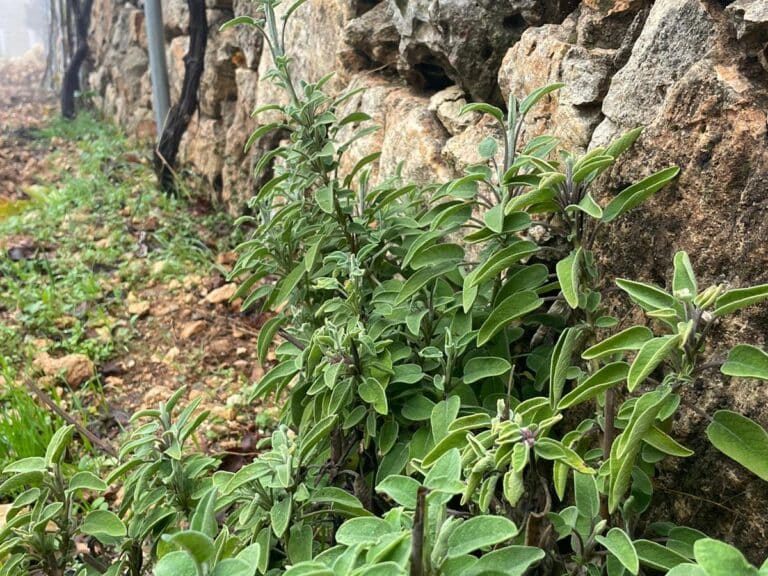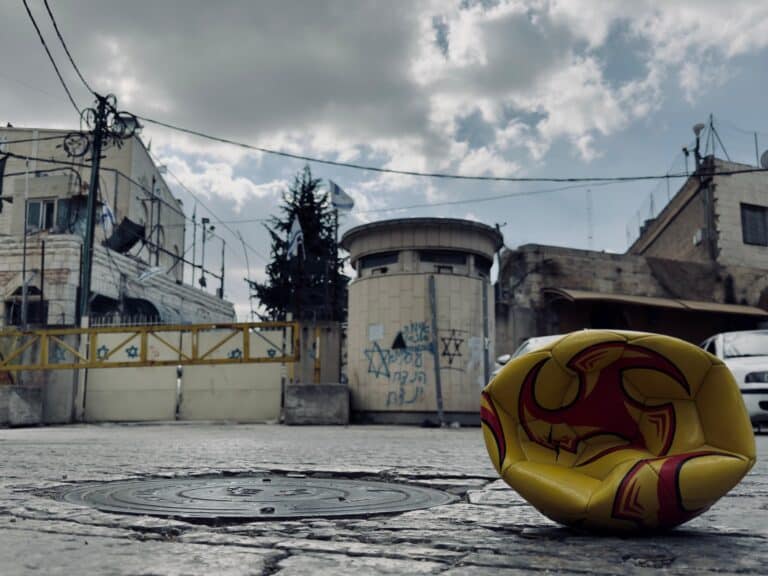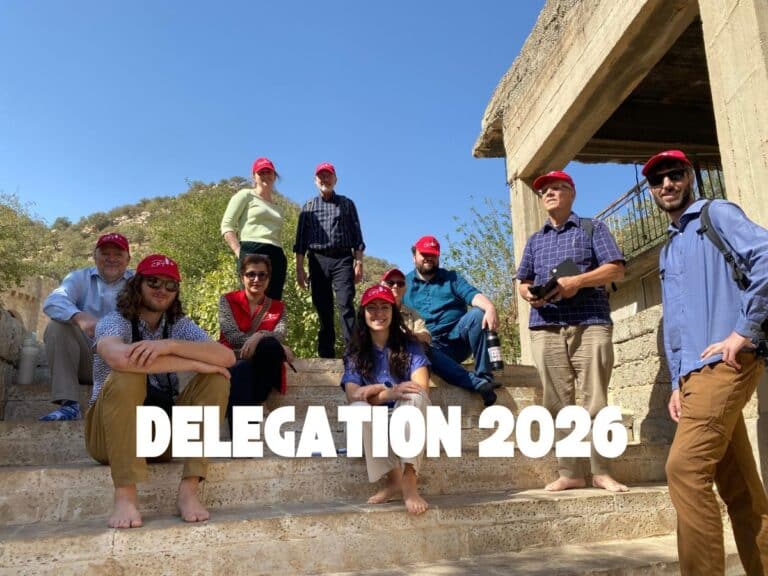I was detained because I am a person of colour, a Palestinian, and a peacemaker, which means I don’t have any privilege. It’s a painful journey back to the place where I was treated like an animal, but I want to take you there. On 31 August, the Israeli Border Police detained another CPT member and me for two hours. The Border Police forced us to sit on the ground after they physically searched our bodies. They took everything, including our dignity. An officer grabbed a chair and sat beside us while we sat on the ground inside the cage, guarding us to prevent us from running away (as if he was a shepherd, grazing his animals).
Let’s go back in time to that morning when I woke up hoping not to witness another crime by Israeli soldiers, hoping that no child would be harmed or arrested while we monitored the school run. That day was special. The sunrise was stunning, and fresh air caressed my face. In that air was wrapped up my enthusiasm for the future and my hope for peace.
We went to observe ِAl-Slaymeh checkpoint as students were on their way to school. Armed soldiers guard the checkpoints, and are prone to cause incidents of violence against school students.
A young soldier around 18 years old began provoking us, calling out to us to take a picture of him. He tried to draw a reaction from us for a full hour, but we understood his tactics. When we finished our duty, we returned to the office through a different checkpoint to avoid his childish behaviour.
I could feel that something was wrong as we approached the checkpoint, but I couldn’t tell what it was. We continued walking until a Border Police officer called us to come closer for a check, even though he knew that the metal detector checked us five minutes ago. This insidious routine of multiple checks by soldiers is an attempt to normalize the checkpoints and train us to prepare and expect scrutiny every time we pass, allowing their power to grow through our acceptance. But this will never happen!
The pure green eyes of border police were corrupted by barbaric and inhumane behaviour. He insisted on checking our IDs and then checking us from afar by asking me to lift my shirt and turn around. I was not afraid of him. I looked straight into his eyes, not letting my eyes look away to give him a chance to feel better or have privilege over me. Suddenly he turned into a demon, becoming very aggressive and directing all of his suppressed anger onto me. I didn’t have any kind of power, and his weapon gave him unlimited power, but the truth of my eyes still threatened him.
He took us inside the restricted area, where only settlers and soldiers are allowed to enter. Before he commanded us to sit on the ground, he carried out another physical check on us, speaking in Hebrew to order me during the search. When I didn’t understand him, he hit my legs to open them. A couple of minutes before, he had been using English to talk with me. This is another technique used to cause us stress and fear since we cannot understand what they are saying or what they are planning.
After half an hour of sitting on the ground, he asked us where the rest of the team was. We responded that we didn’t know, and he said, “don’t worry, we will bring them.” I thought to myself, I’ve heard that one before; these psychological games do not work with us anymore. At the same time, I thought of the children detained by those Border Police and how they have experienced trauma during these events.
The officer remained on his chair beside us. He started looking at me, so naturally, I looked at him, raising my head toward the sun. He became nervous and started shouting at me. One of the few things he said to me in English was: “Don’t look at me.” “You looked first,” I responded. I am proud of myself, even though I was stripped of everything. He held his power through a weapon, his ability to take lives, and even his way of sitting on the chair (by elevating himself above us, he exuded his privilege over us).
Luckily with our experience, we understand how these situations generally play out, so instead of being afraid and frozen, we created ways to de-stress by playing small games, making jokes and taking controlled breaths. The officers were more stressed than we were, and they tried to laugh and make jokes about us. It did not affect us because they are nothing more than armed inanimate objects, incapable of basic humanity.
I still remember a conversation I had with a child while I was monitoring the checkpoints. After crossing the checkpoint, “one of the Border Police ordered me to keep my eyes to the ground and not look at him when I go through the checkpoints,” he said. Those words make me wonder why they are afraid of our eyes? Do they see the truth in our eyes? Or does it represent a mirror into their own wilderness?
After two hours spent on the ground, and after they interfered in our personal life by checking our personal phones, we were released. Then I understood the suffering of children who experience detainment and arrest. I do not know if the children will forgive them for what they have been through! Will we ever be able to make peace when the children are dealing with ongoing traumas?






